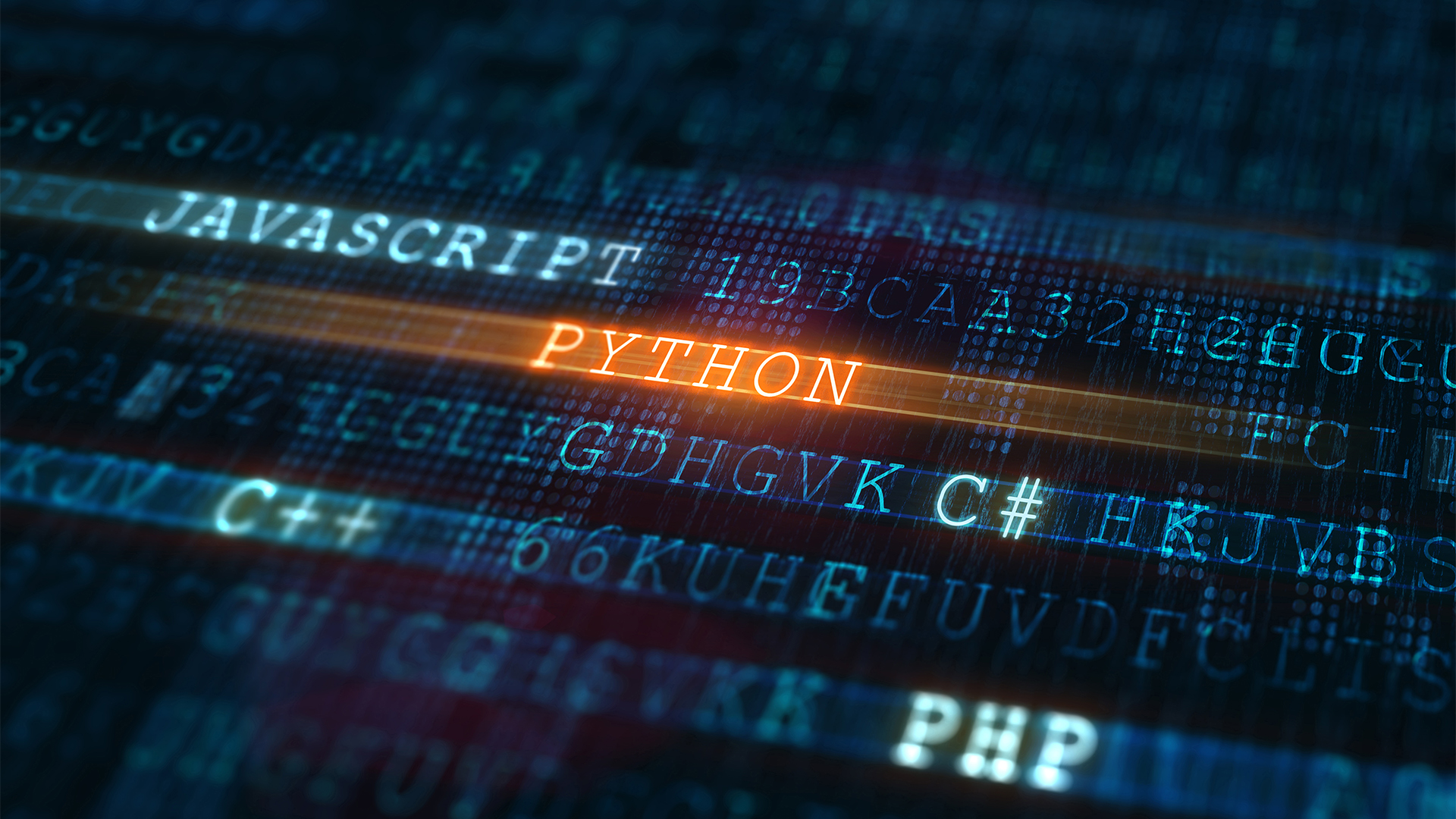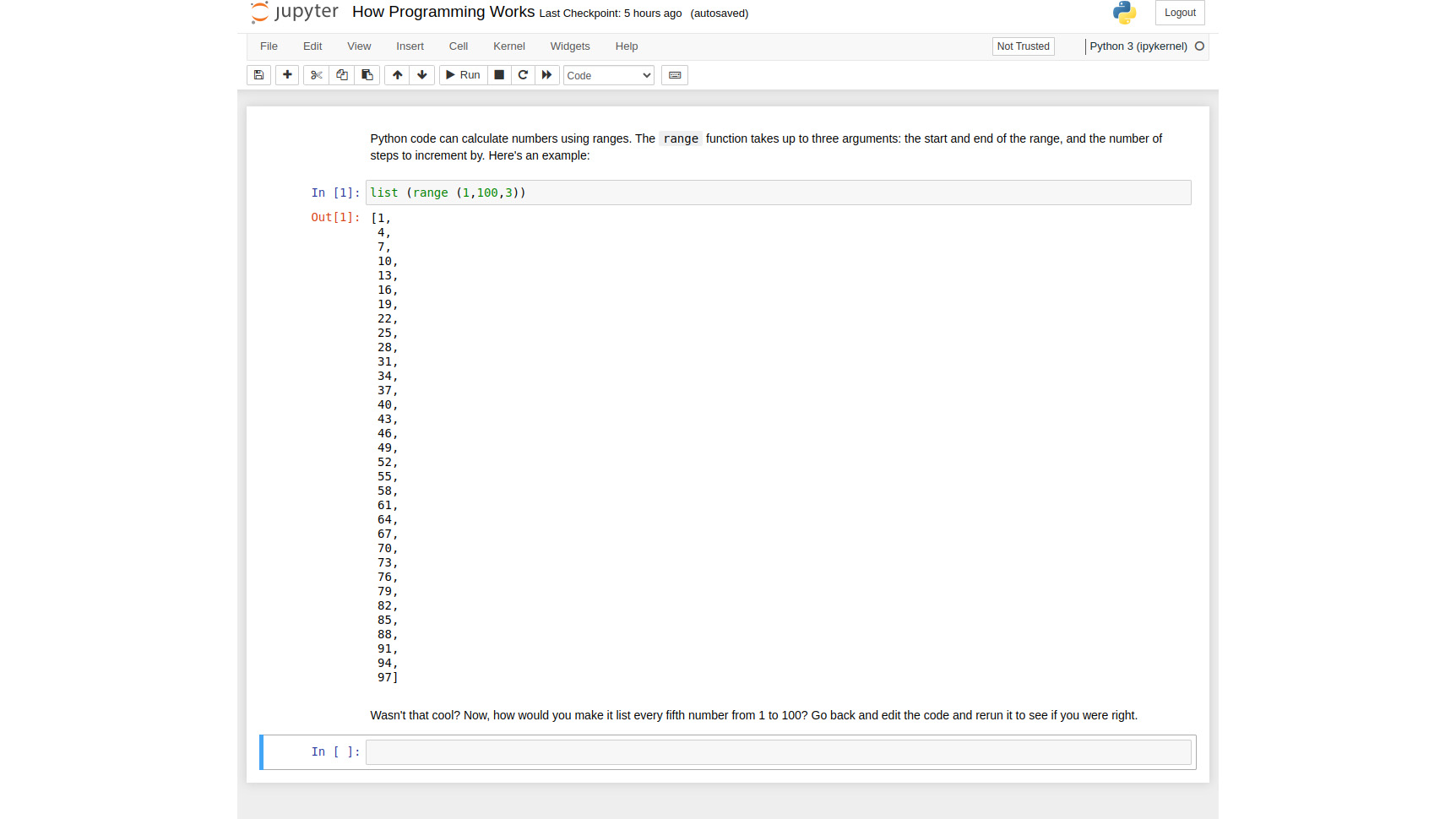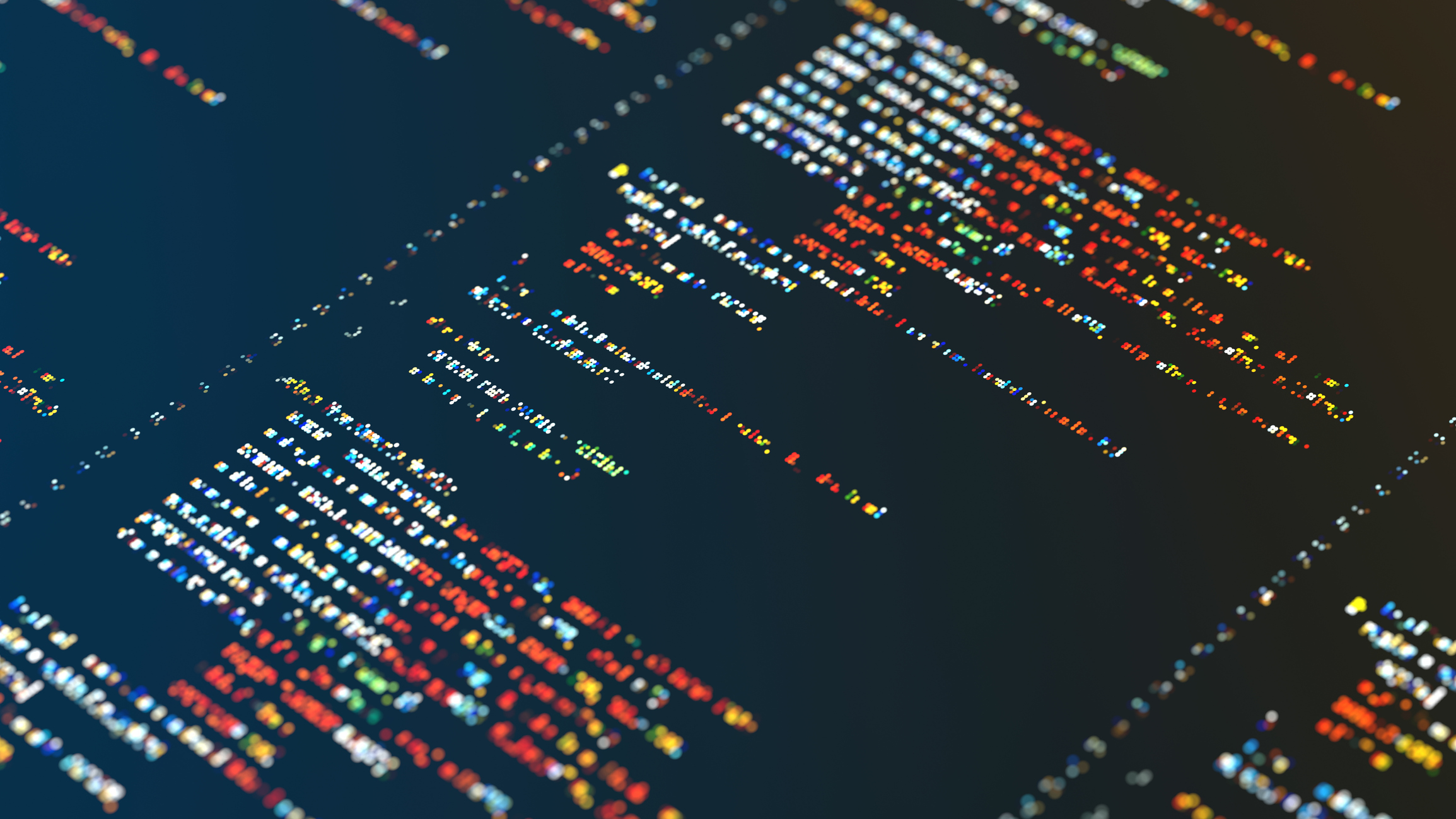Top 25 programming errors revealed
Experts and security vendors around the world finally have a measuring stick to help decide whether software is vulnerable to attack.

Security experts in Europe and the US have joined forces to create a list of the top 25 most dangerous programming errors.
The result of a collaboration between the SANS Institute, MITRE, and experts in software security, the list presents detailed descriptions of the top 25 programming errors, as well as guidance in avoiding and dealing with them.
The aim of the top 25 list is to prevent vulnerabilities at source, by educating programmers about common mistakes which are made before software has been shipped. Such flaws were dangerous because they frequently allow attackers to take over software and prevent it from working, or let them steal data.
Software managers and CIOs were advised to use the top 25 list as a "measuring stick" which could help them secure their software.
Chief technology officer for Core Security, Ivan Arce, said that the top 25 list was the first serious attempt at building a classification of software security weaknesses and flaws.
"It is a necessary and long overdue step towards creating a common language for the software development and security communities," he said in a statement.
"They are in need of a more rational way to address which are currently the most urgent and relevant software security problems."
Sign up today and you will receive a free copy of our Future Focus 2025 report - the leading guidance on AI, cybersecurity and other IT challenges as per 700+ senior executives
A whole range of vendors - including Microsoft, Symantec, EMC, McAfee and Verisign - gave their support to the project.
-
 UK government confirms October cyber breach: Everything we know so far
UK government confirms October cyber breach: Everything we know so farNews Details around Foreign Office hack remain sparse and government says it's unclear who is behind the attack
-
 Data center investment reached a record $61 billion this year
Data center investment reached a record $61 billion this yearNews Hyperscaler expansion, private equity interest, and a surge in debt financing are behind skyrocketing investment levels
-
 Using an older version of Python? You’re leaving ‘money and performance on the table’ if you don’t upgrade – and missing out on big developer efficiency gains
Using an older version of Python? You’re leaving ‘money and performance on the table’ if you don’t upgrade – and missing out on big developer efficiency gainsNews New research from JetBrains shows a majority of enterprises are using a version of Python that’s a year or more older – and it's having a big impact on efficiency and performance.
-
 ‘It’s far from showing its age’: Java might’ve just turned 30, but it’s still going strong and here to stay
‘It’s far from showing its age’: Java might’ve just turned 30, but it’s still going strong and here to stayNews With Java celebrating its 30th anniversary, we look at the rise of the programming language and what the future holds.
-
 Python’s popularity shows no signs of fading – here’s why software developers love it
Python’s popularity shows no signs of fading – here’s why software developers love itNews Python remains highly popular among developers for a number of key reasons, experts told ITPro.
-
 Oracle Java pricing concerns could spark a developer exodus
Oracle Java pricing concerns could spark a developer exodusNews Oracle Java users have raised concerns over pricing, with many considering switching to open source options.
-
 Python just brushed past JavaScript to become the most popular programming language on GitHub – and a key factor is that AI developers love it
Python just brushed past JavaScript to become the most popular programming language on GitHub – and a key factor is that AI developers love itNews The meteoric rise of Python shows no sign of stopping
-
 JupyterLab review: A powerful tool for documenting your data science journey
JupyterLab review: A powerful tool for documenting your data science journeyReviews Literate programming toolkit takes dynamic code documents to new heights
-
 Microsoft continues its Rust mission with new kernel features
Microsoft continues its Rust mission with new kernel featuresNews The latest critical feature comes as a "small trial" to select Windows Insiders
-
 Report: Regulatory and monetary incentives needed to adopt safer programming languages
Report: Regulatory and monetary incentives needed to adopt safer programming languagesNews Companies have been urged to create plans on how they intend to get rid of memory-unsafe code in their products